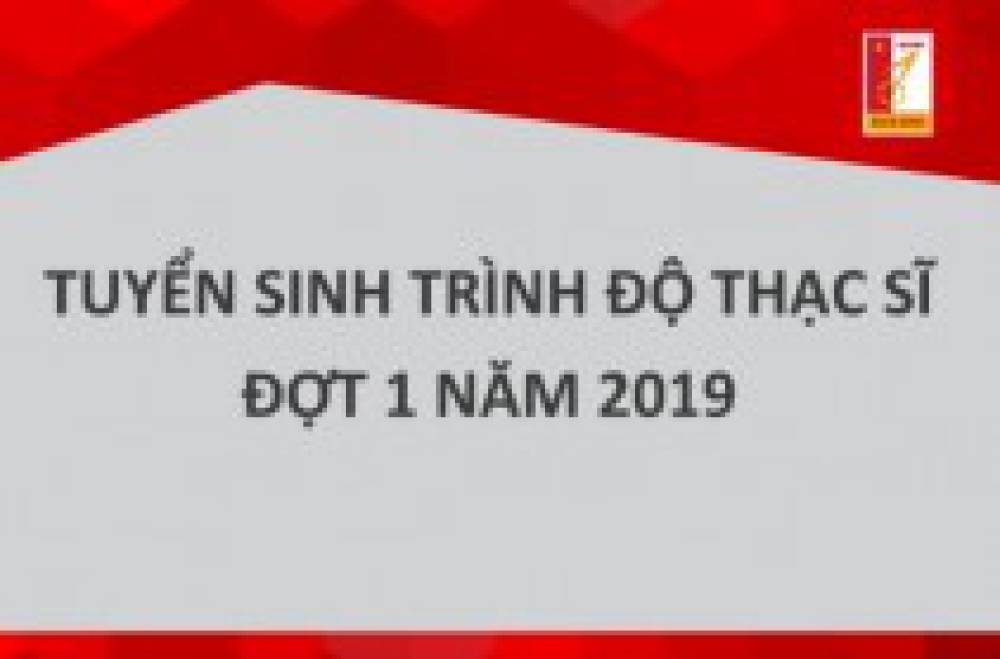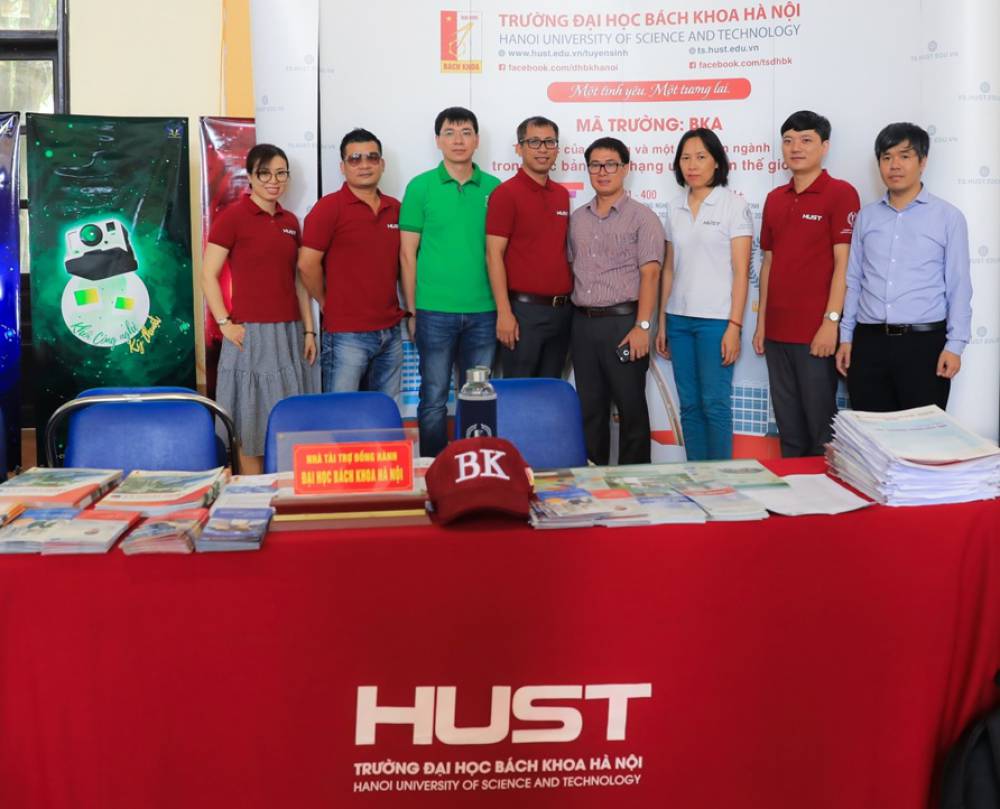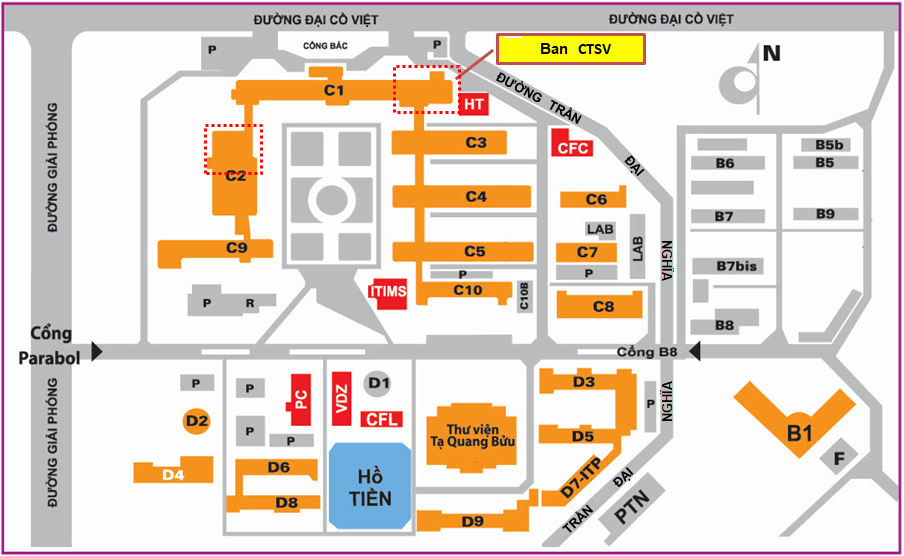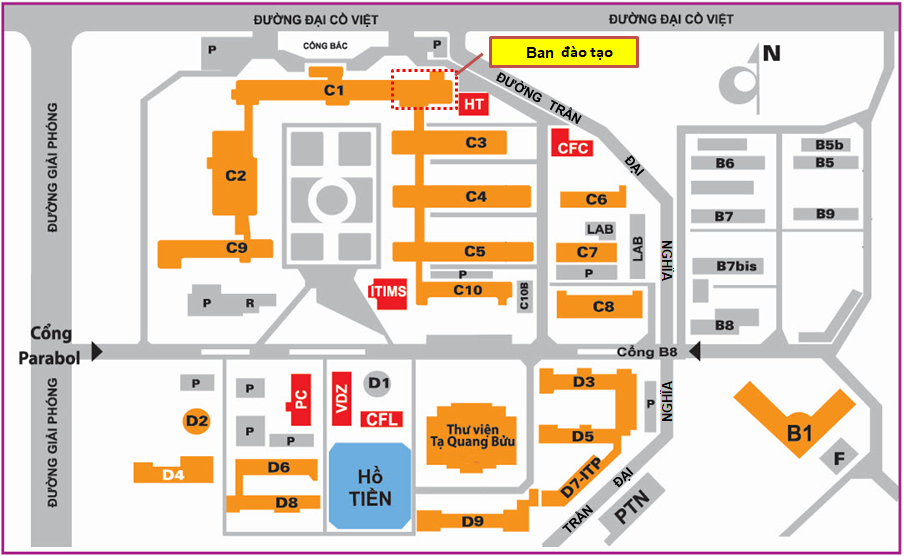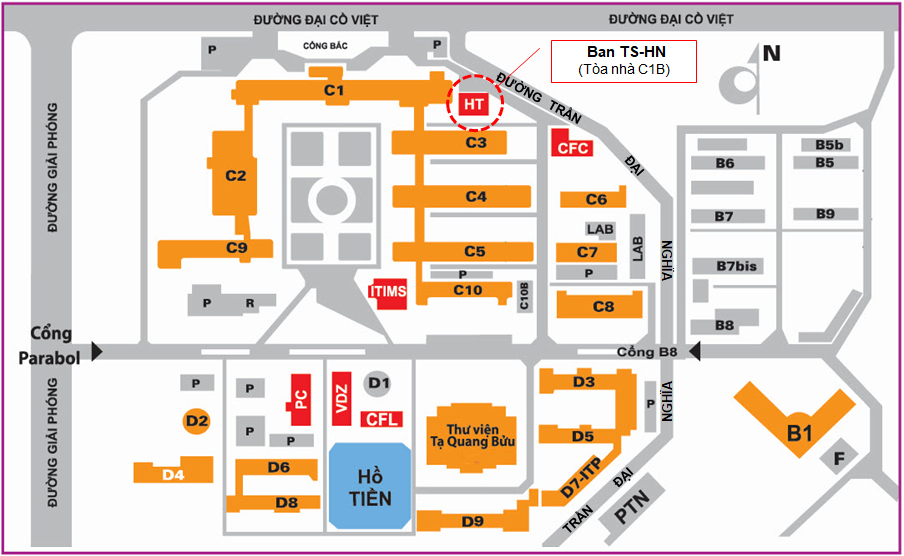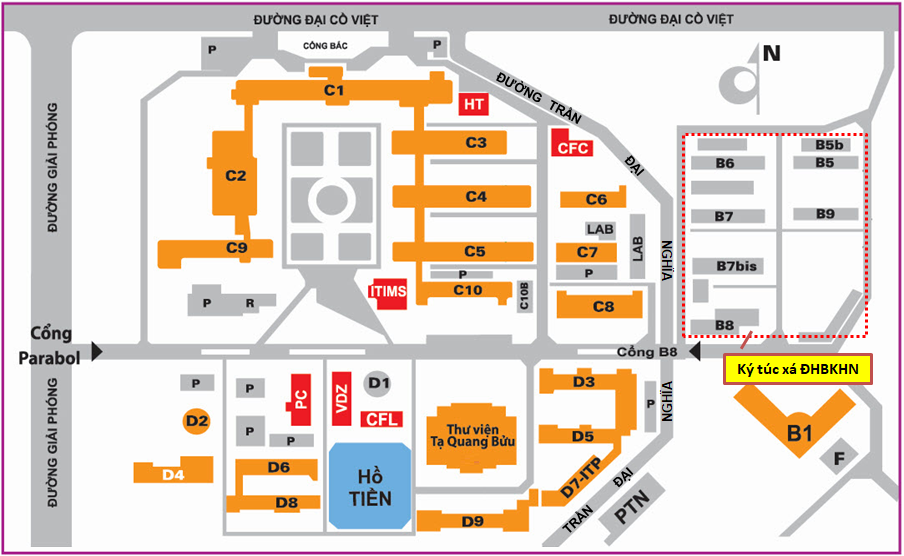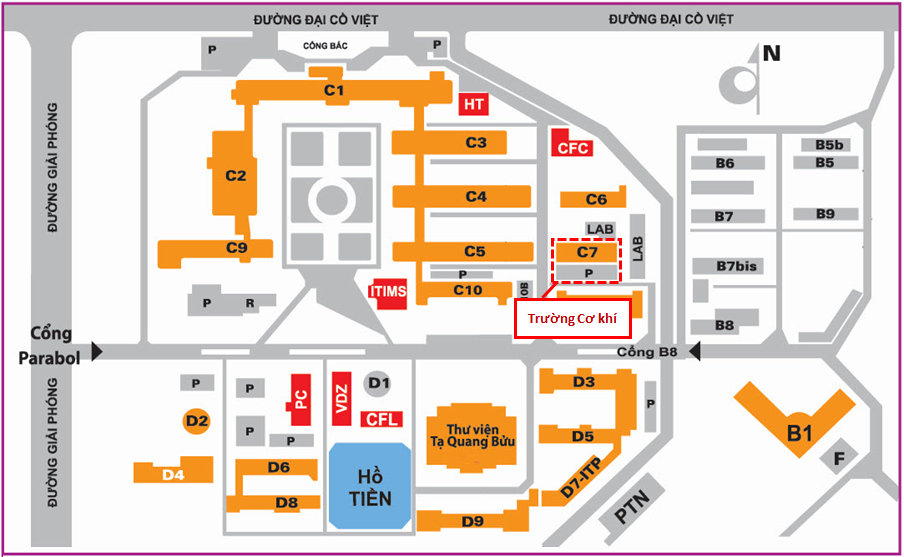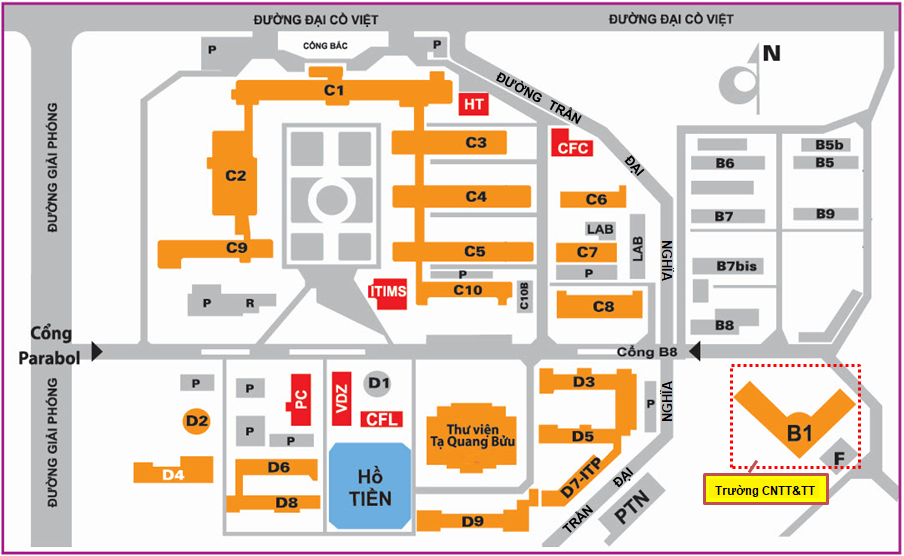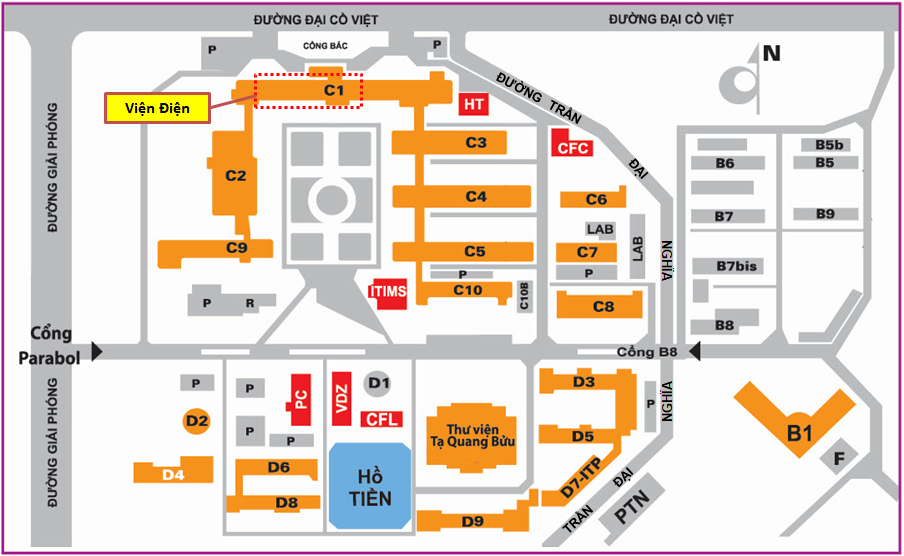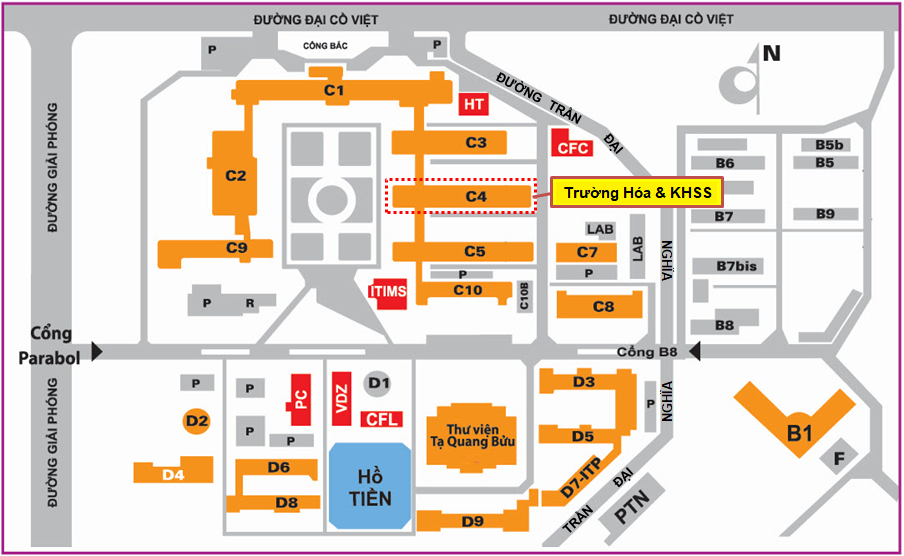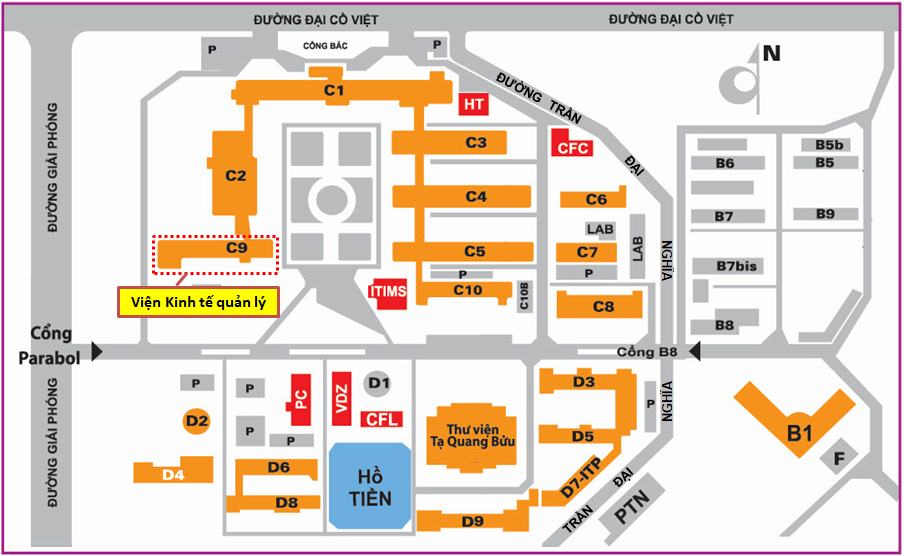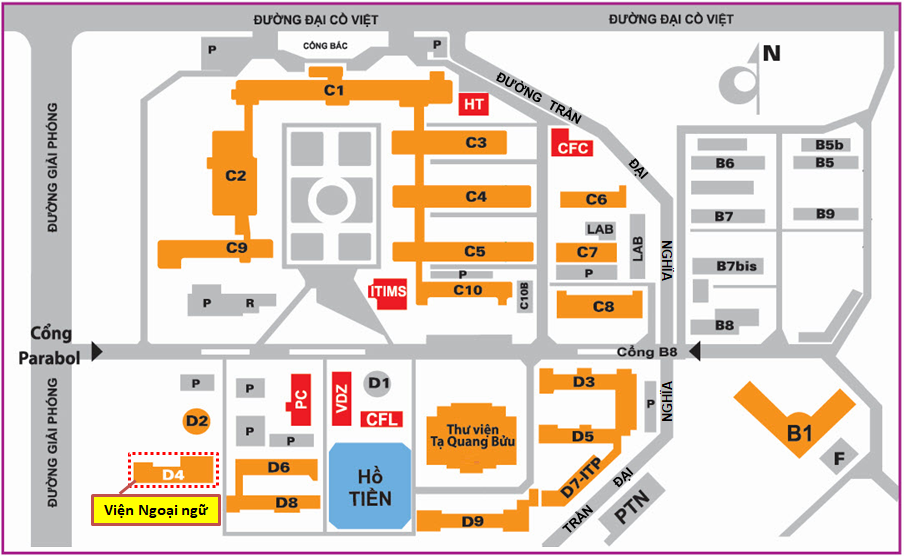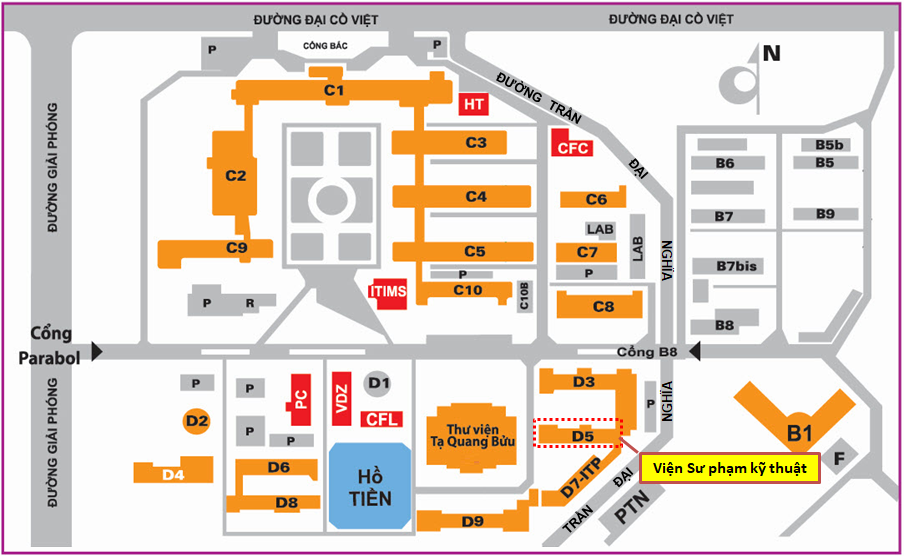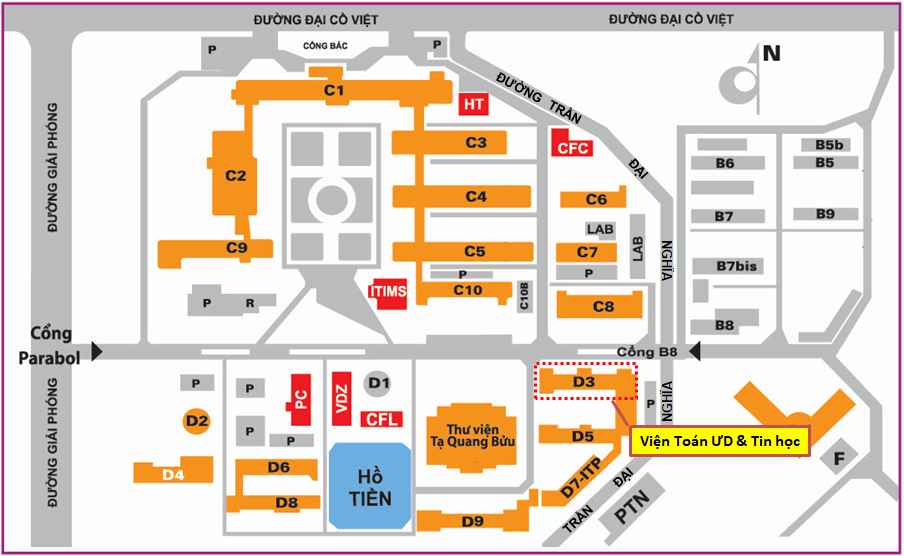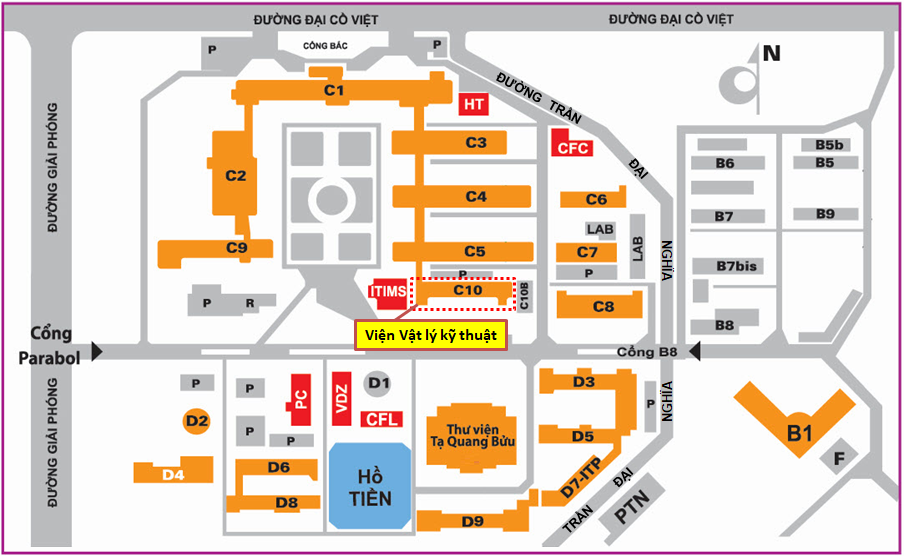Hanoi and Toyota Encyclopedia study the effectiveness of hybrid gasoline electric vehicles
21-01-2021
Hanoi Encyclopedia and Toyota Company today officially launch a cooperative program to research the efficiency of hybrid gasoline hybrid technology under conditions of use in Vietnam.
At the announcement ceremony, Toyota handed over two Corolla Crosses, one of the gasoline range and the other one using traditional engines combined with electric motors. Hanoi Polytechnic Institute of Mechanics will test, monitor, compare and evaluate fuel efficiency, emissions into the environment and actual performance of hybrid gasoline cars. The latest has just been introduced in the Vietnamese market.
“Hanoi Polytechnic is the leading science and technology university in Vietnam. That is why we choose to cooperate in research with the University, ”Mr. Ueda Hiroyuki, General Director of Toyota Vietnam, responded to the press.
From left to right, Assoc. Nguyen Phong Dien, Vice Rector of Hanoi University of Technology; GS. Le Anh Tuan, Director of Institute of Dynamic Mechanics, and General Director of Toyota Vietnam Ueda Hiroyuki at the car handover ceremony on October 22. Photo: Toyota Vietnam.
Representative of Toyota Vietnam emphasized that hybrid technology is suitable for use conditions in Vietnam because it does not require special infrastructure such as charging stations. More importantly, hybrid gasoline cars help reduce emissions and improve air quality. Air pollution is a problem in big cities. According to a report published by Greenpeace and AirVisual IQ in March, Hanoi and Ho Chi Minh City are among the 15 most polluted cities in Southeast Asia. Last year, Hanoi had only 8 days but the PM2.5 fine dust concentration in the air was lower than the national standard, the situation in the city. HCM is better with 36 days.
General Director Ueda Hiroyuki said that it would be more objective if there was an independent agency to study this hybrid vehicle in actual traffic conditions in Vietnam . "If we speak well about our products, it is only subjective opinion and it sounds like propaganda," said Mr. Hiroyuki. Therefore, through a year-long project, Toyota relies on the evaluation of experts at Hanoi Polytechnic.
Assoc. Nguyen Phong Dien, Vice Rector, hopes that the project on evaluation of hybrid gasoline technology of Toyota Vietnam and Institute of Kinetic Engineering will have a positive impact on the university's research as well as help students majoring in engineering. Automotive engineering improves practical skills and knowledge.
“Thanks to projects like these, students have the opportunity to update new technology around the world. After going to work, in contact with reality, we will not be surprised and overwhelmed, ”said Pham Duc Kien, a student of the Advanced Program in Automotive Engineering, said he wanted to see with his own eyes the engine of the car. hybrid car "which is still foreign to Vietnamese people".
The second-year male student was especially impressed with the self-charging technology of a Toyota hybrid vehicle, whereby, when the driver lets go of the accelerator or brake to slow down, the car engine will act as a generator, absorbing the dynamic charge when braking to recharge the battery.
Students at the Institute of Dynamic Mechanics, Hanoi University of Science and Technology observed the hybrid gasoline hybrid car engine at the launching ceremony of the cooperation project between the University and Toyota Vietnam Company on October 22. Photo: Toyota Vietnam.
The first hybrid car of Toyota was born in 1997, but until August, this Japanese automaker officially introduced a popular model using hybrid gasoline hybrid technology in Vietnam. Hybrid engines are favored for their advantages of fuel economy and reduced emissions. As of February this year , Toyota's total global sales of h ybrid cars reached 15 million units , saving 47,000 million liters of fuel and reducing CO2 emissions by more than 120 million tons compared to internal combustion engines.
Structurally, while gasoline cars connect the engine to the actuator that rotates the wheel, the hybrid car has an additional electric motor in the middle of this structure that shares the operation with the gasoline engine. The power supplied to the moving wheels is distributed according to the actual vehicle situation on the road. Hybrid cars have the function of stopping the gas engine every time it stops or goes at a slow speed. This function is especially useful in traffic conditions in large, crowded cities because the amount of fuel wasted when the engine is idling is completely reduced.
GS. Le Anh Tuan, Director of Dynamic Mechanics, commented on the family of eco-friendly electric vehicles such as hybrid cars, battery electric vehicles and fuel cell vehicles. ) are the cars of the future. He cites Bloomberg 's analysis that in the context of the 19 Covid pandemic, the number and percentage of electric cars sold not only does not decrease but also has many prospects to increase in 2020, creating a rebound for the coming years.
Toyota is currently the largest car distributor in Vietnam with 37% market share. Toyota and Hanoi Polytechnic already have many cooperative projects. In addition to the Monozukuri training program , also known as "The secret of success in production and business", which has been implemented since 2005 with Hanoi Polytechnic, Toyota Vietnam also offers many scholarships to students in engineering. and the environment while donating engines and other teaching facilities.
Established in 1956, Hanoi Polytechnic, with the abbreviation in English is HUST, currently training in basic science, mechanical engineering, electrical engineering, computer science, information technology, management economic reasoning to language. In the next 5 years, Hanoi Polytechnic aims to reach the group 601-800 of the best universities in the world.
The Institute of Kinetic Engineering of Hanoi Polytechnic has a training scale of 1,900 bachelors and engineers, 100 graduate students and 40 doctoral students, in three training disciplines including Dynamic Mechanical Engineering, Engineering. Automotive and Aviation Engineering. In 2020, the institute's training branches, in the field of Mechanical Engineering - Aviation - Manufacturing, will be ranked 351-400 by the prestigious international ranking organization QS in the world , an increase of 100 places compared to 2019.
Hong Hanh
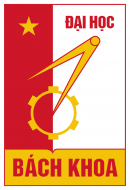
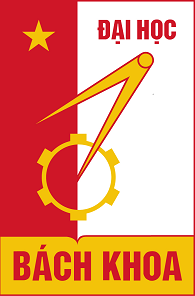




 Lê Giang
Lê Giang
